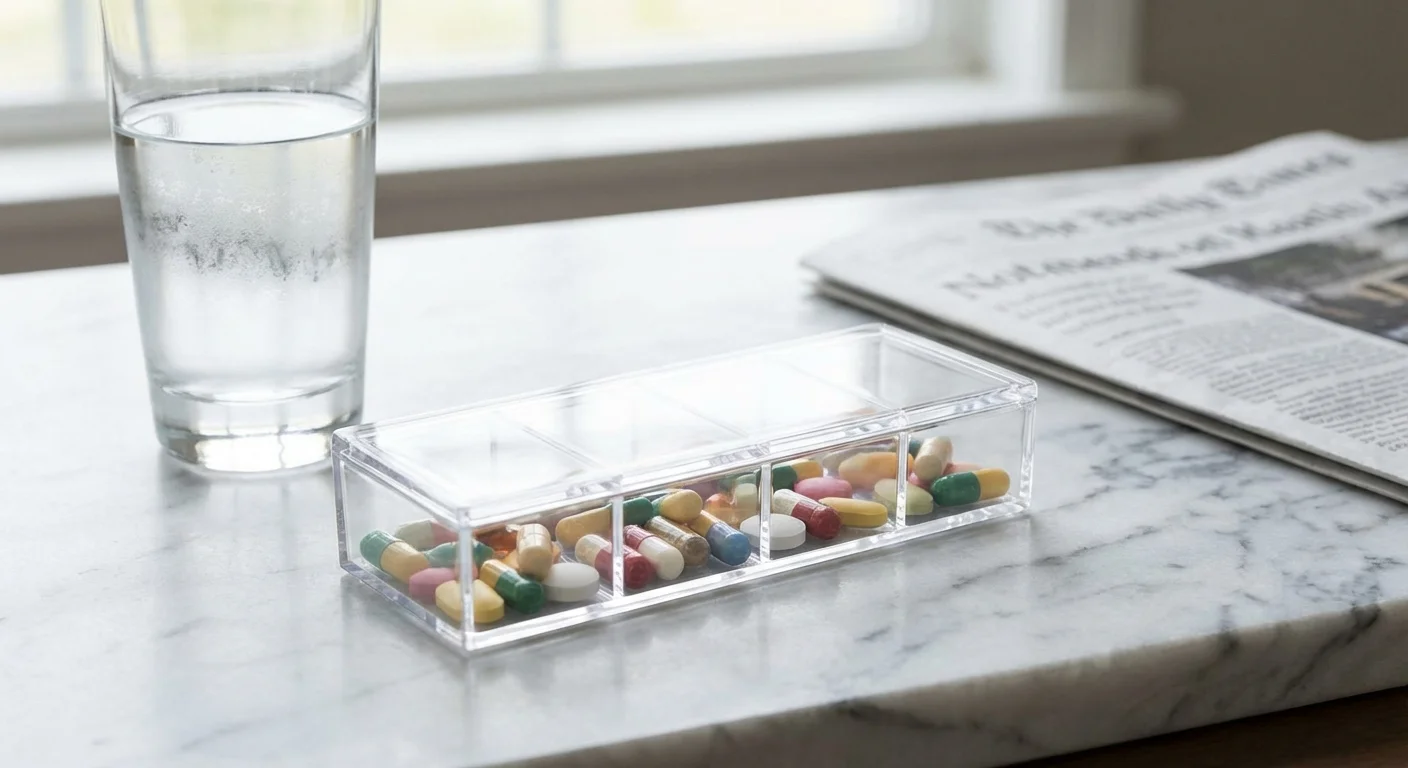
Are you taking any of these supplements?
Most of us take various supplements to boost our health, and there is nothing wrong with this. All the research shows the benefits some supplements have, but there is a catch. You have to be careful with them when you are also taking prescription drugs.
Generally, nothing bad will happen when you mix them, but there are some instances when you need to be extremely careful or never mix the supplements with prescription meds because the side effects can be disastrous.
This is why it is so important to discuss everything with your doctor. They are the only ones who can tell you how to properly take your meds, and they also know your whole medical history.
Research reveals that around 34% of survey participants, or roughly 72 million individuals in the United States, use a dietary supplement in addition to a prescription drug.
If you are taking supplements right now, keep reading and see if it’s time to make a change. These are the supplements you should never take unapproved while you are taking prescription drugs at the same time.
Photo by tarapong srichaiyos at Shutterstock












